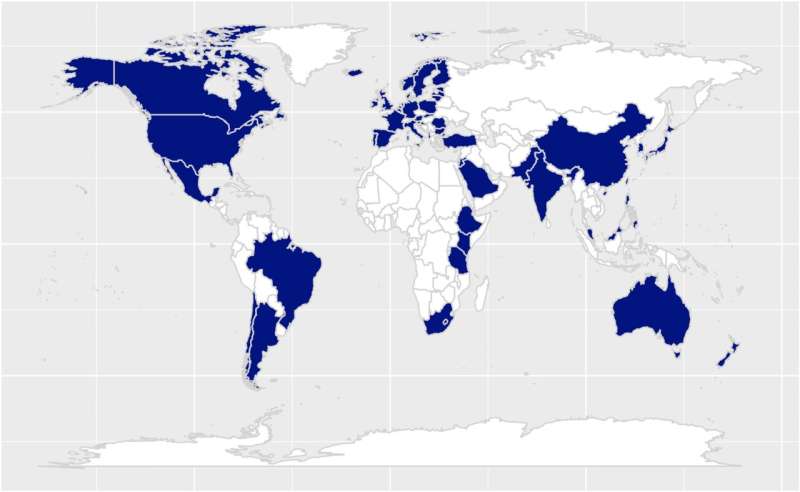In a comprehensive study published on July 2, 2025, in the journal PLOS One, researchers from the University of Luxembourg and the University of Liège have uncovered a significant trend in early childhood education (ECE) policies worldwide. The study, led by Katarzyna Bobrowicz, highlights a preference for individual merit and competition over community solidarity and cooperation in ECE policies across 53 countries.
The research team analyzed 92 official ECE documents from countries in Africa, the Americas, Asia, Europe, and Oceania, as well as from the European Union (EU) and the Organization for Economic Co-operation and Development (OECD). They found that these policies overwhelmingly emphasize individual skills and agency as the primary drivers of success, with little acknowledgment of uncontrollable factors such as health or family background.
Meritocracy in Early Education
The findings reflect a broader global shift towards meritocratic ideals, a concept rooted in 1950s Western thought that suggests success is a result of personal merit rather than external factors. This shift is mirrored by increasing government investments in ECE, aiming to nurture talent from an early age.
According to the study, only four countries—Ireland, New Zealand, Malaysia, and the Philippines—recognized the impact of uncontrollable factors on individual success. The OECD and the EU, however, continue to stress the importance of universal and equitable access to ECE.
Implications for Social Cohesion
The emphasis on individual achievement raises concerns about the potential erosion of social cohesion. The researchers warn that such an approach could strain health and psychological well-being, noting that future societal peace and prosperity depend more on social cohesion than hyper-independence.
“The peace and prosperity of future societies hinge on social cohesion,” the study suggests, emphasizing the need for ECE curricula that prepare students for collaboration and global cohesion.
Bobrowicz and her team advocate for further research into regional variations in ECE policy and the cultural differences that might influence these trends. They also call for a reevaluation of the role of community and uncontrollable factors in shaping educational outcomes.
Expert Opinions and Historical Context
The study’s revelations have sparked discussions among educators and policymakers. Pablo Gracia, an expert in education policy, noted, “Internationally, early childhood education programs disproportionately promote skills and values linked to individual competition, whereas skills and values favoring solidarity and social cohesion are largely neglected.”
This trend is not new. The belief in meritocracy has been a dominant discourse in many Western societies, as observed by Bobrowicz, who grew up in a post-communist state. She recalls how her upbringing was influenced by the notion that individual merit shapes one’s future, a belief she later questioned upon realizing the significant role of socioeconomic factors.
Looking Forward
The study’s authors hope their findings will ignite conversations among educators, parents, and civil society about the values imparted through early education. They argue that while individual skills and agency are important, they should not overshadow the benefits of teaching children about solidarity and community reliance.
“We hope that this work will fuel conversations among teachers, parents, and the civil society at large, as to whether they wish for children to be exposed to economic meritocratic beliefs in early childhood education,” Bobrowicz stated.
As the world continues to grapple with the balance between individual achievement and collective well-being, this study serves as a crucial reminder of the values we choose to prioritize in shaping future generations.
For more information, the full study can be accessed in PLOS One, titled “The Meritocracy Trap: Early Childhood Education Policies Promote Individual Achievement Far More Than Social Cohesion,” DOI: 10.1371/journal.pone.0326021.
